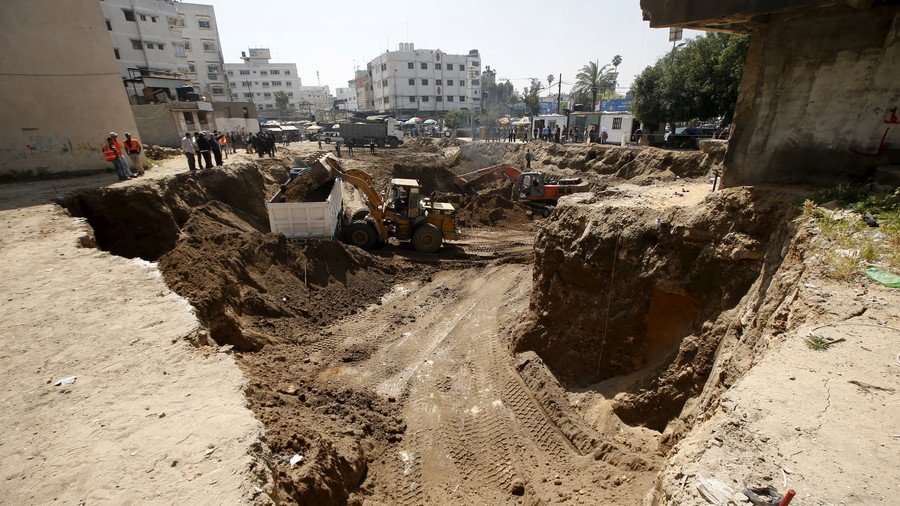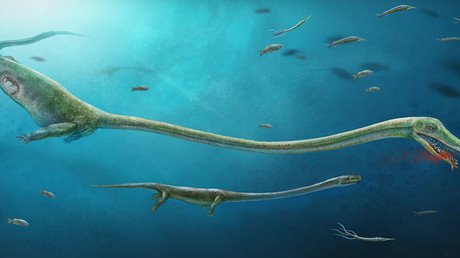Medieval woman gave birth in her grave after ancient ‘neurosurgery’, scientists discover

A pregnant woman who underwent skull surgery in medieval Italy gave birth after she died, according to a team of scientists who examined the ancient remains.
The case was identified by researchers as coffin birth – a phenomenon that occurs when a deceased pregnant woman's fetus is expelled within the grave. Known as postmortem fetal extrusion, it occurs following build-up of gas pressure within the decomposing body.
Researchers from the Universities of Ferrara and Bologna in Italy analysed the skeleton of the woman, discovered in 2010 in the town of Imola, Bologna. The remains are believed to date back to between 600 to 700 AD.
The woman was found with the remains of a fetus between her legs. Based on its positioning, researchers concluded it was a case of coffin birth. The fetus’ head and upper body were found outside the woman’s pelvic cavity, while its legs appeared to be inside. Scientists say it was at 38 weeks’ gestation and may have been delivered partially.
Medieval Woman Gave Birth AFTER Her Death - https://t.co/alg0DtUyzZ#Italy#ancientpic.twitter.com/rQAm04J5mP
— ancient-origins (@ancientorigins) March 24, 2018
The woman also had a five millimeter circular hole in her skull, suggesting she had undergone trepanation, a surgical procedure that involves boring a hole in the skull by either drilling or scraping away layers of bone.
As trepanation was once used in the treatment of preeclampsia (high blood pressure related to pregnancy) the researchers proposed that she may have undergone skull surgery for this purpose.
The woman lived for around one week following the surgery, was buried while still pregnant, and had a coffin birth while her body decomposed, researchers concluded. Details of the study are published in the journal World Neurosurgery.
This is not first documented archaeological case of ‘coffin birth’. Last year, a similar case was uncovered at a Black Death burial site near Genoa, Italy.
Think your friends would be interested? Share this story!














